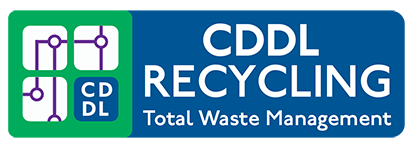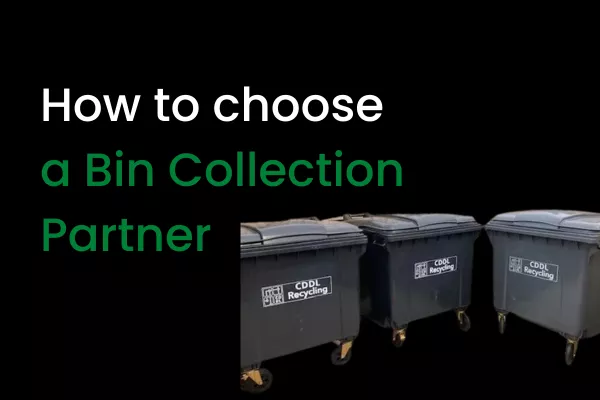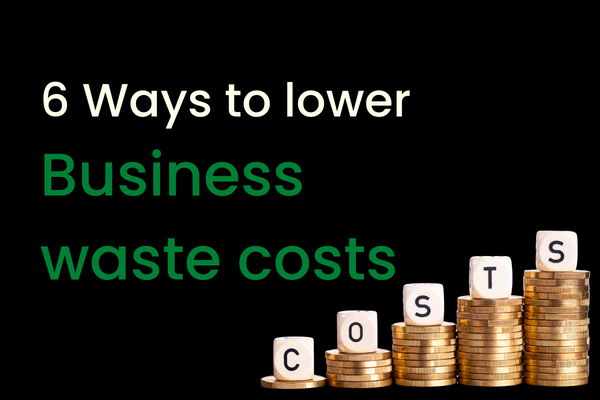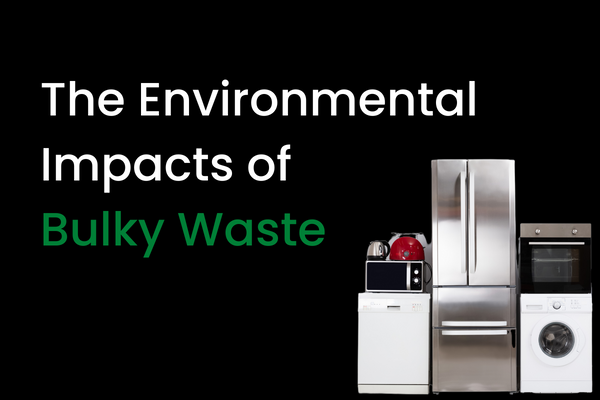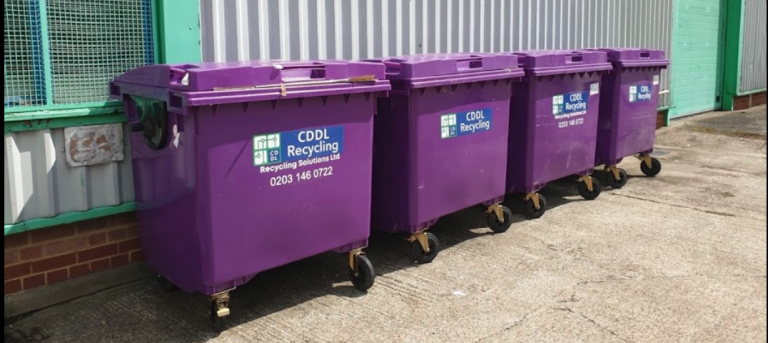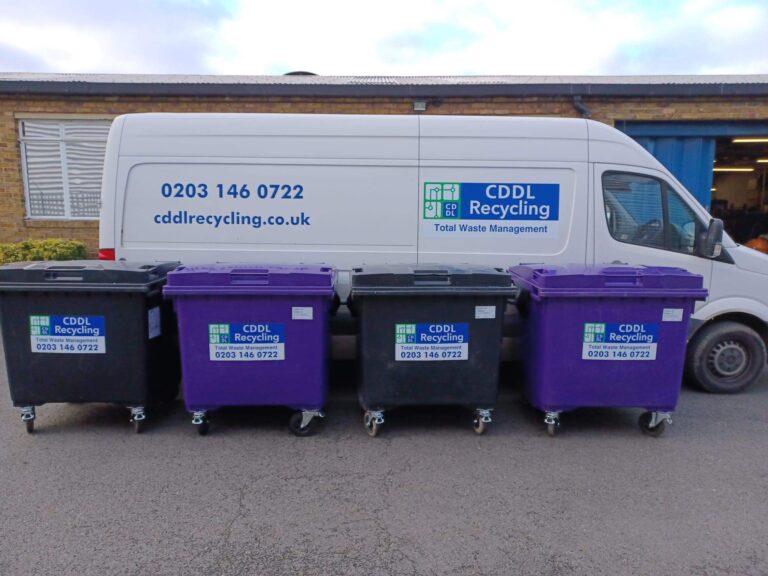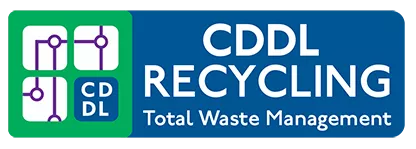Understanding Hardcore Waste Management
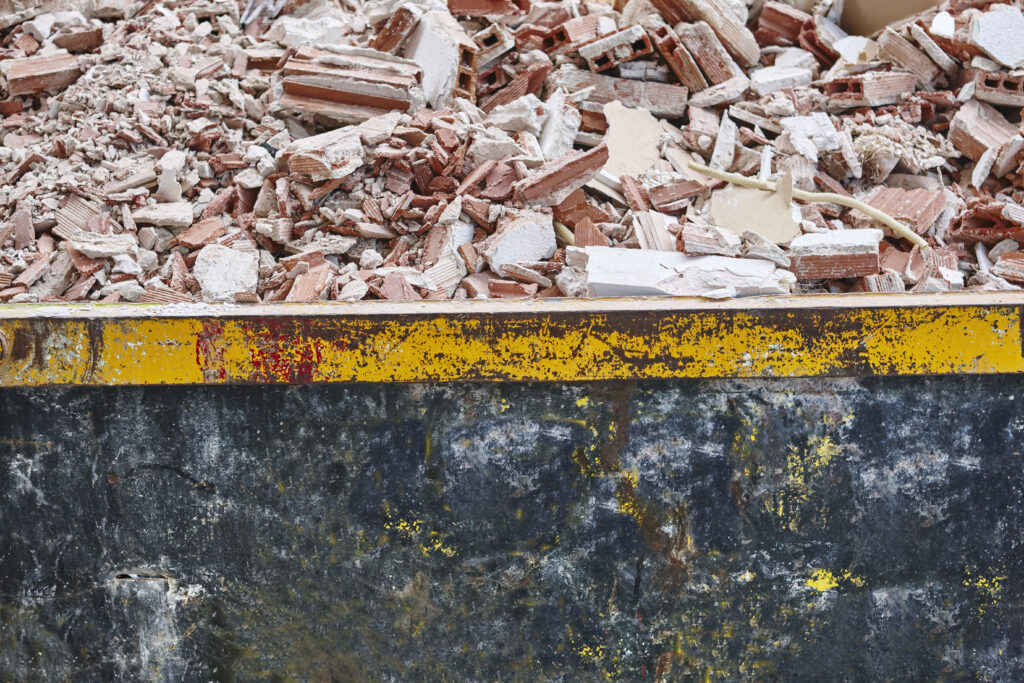
Hardcore waste, a term used to describe construction and demolition waste, plays a significant role in the accumulation of landfill sites and the deterioration of the environment. With increased awareness of environmental concerns, it is crucial to grasp the impact of waste on the planet.
This article delves into the significance of hardcore waste collection and offers ways for individuals to make a difference.
What is Hardcore Waste?
Hardcore waste, also known as construction and demolition waste, encompasses a wide range of materials generated from construction, renovation, and demolition projects.
Types of Hardcore Waste
These materials can include concrete, bricks, timber, metal, glass, insulation materials, flooring, tiles, roofing, and more.
These materials can be bulky, heavy, and difficult to dispose of, making it important to manage them properly to minimize their impact on the environment. In addition, some types of hardcore waste, such as asbestos and lead-based paint, can be hazardous to human health and the environment and must be handled with care.
By properly identifying, sorting, and disposing of these materials, we can reduce the environmental impact and ensure that they are properly managed and disposed of in a safe and sustainable manner.
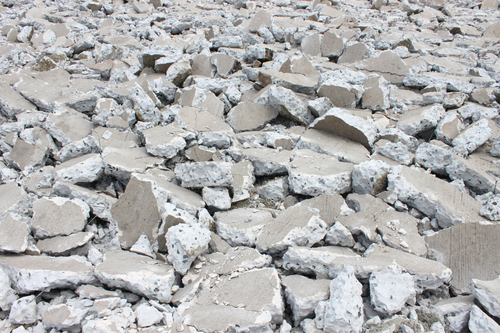
How to reduce the impact of hardcore waste
Fortunately, there are methods to reduce the impact of hardcore waste. One solution is to recycle or reuse the materials. For instance, crushed concrete can be used as a base for roads, cleaned bricks can be reused, and metal can be melted down and transformed into new products.
Benefits of recycling Hardcore Waste
By recycling these materials, we can reduce the amount of waste in landfills and limit the need for the production of new materials, which can be energy-intensive and harmful to the environment.
Landfill fees can be expensive, and recycling can help to reduce the amount of waste that needs to be disposed of in this manner, saving money for both individuals and organizations.
Another benefit of hardcore waste recycling is the creation of job opportunities. The recycling and processing of construction and demolition waste requires skilled labor, which can provide employment opportunities in the waste management and recycling industries. This can help to stimulate local economies and create sustainable employment opportunities for communities.
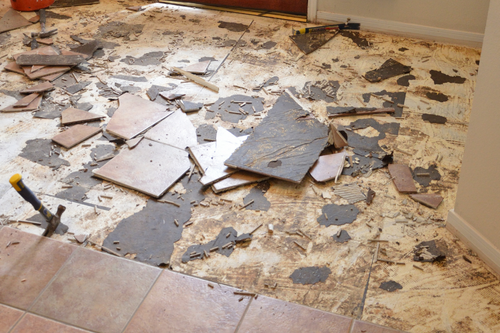
How to manage & dispose of hardcore waste
Another solution is to properly manage and dispose of hardcore waste. This process involves sorting the waste into categories such as concrete, metal, and timber and directing it to appropriate recycling facilities. Proper waste management helps to reduce environmental impact and prevent harm to wildlife and ecosystems.
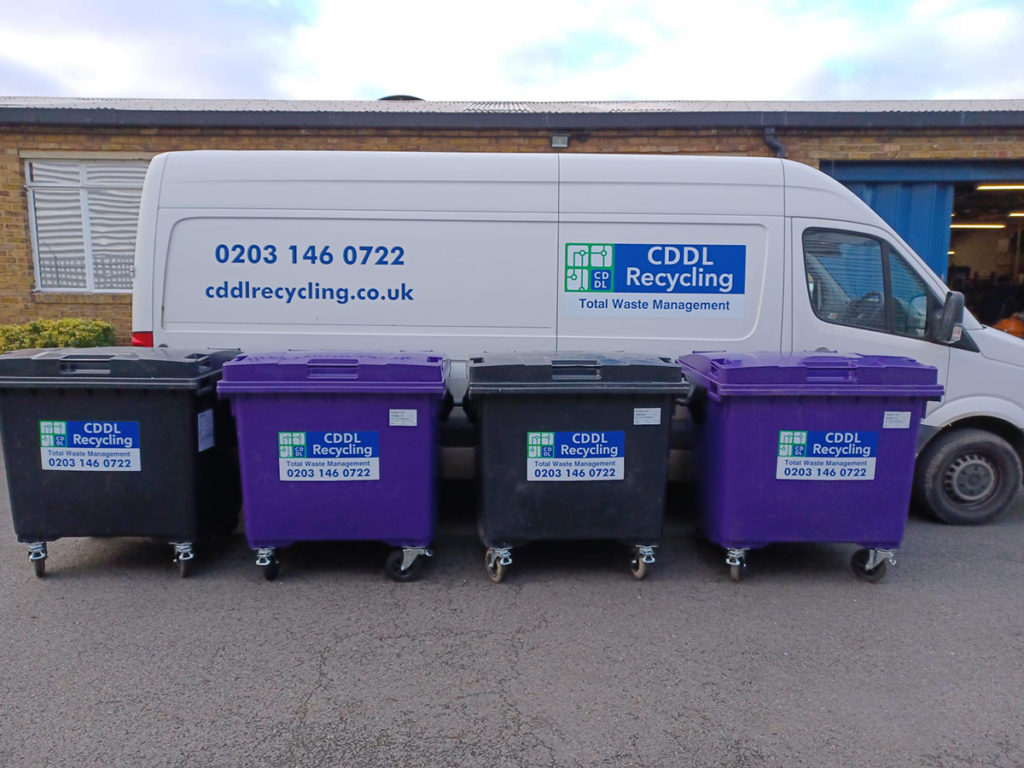
As individuals, we can contribute by being conscious of the waste we produce and properly disposing of it. During construction or renovation projects, consider reducing waste through means such as reusing materials, and properly disposing of any waste that is produced. We can also support organisations that promote sustainable waste management practices and encourage others to do the same.
In conclusion, hardcore waste is a pressing issue with far-reaching environmental implications. By managing and recycling this type of waste, we can reduce its presence in landfills, limit the production of new materials, and protect the planet for future generations.
How can CDDL Recycling help?
At CDDL Recycling we believe in working together to create a sustainable future and ensure that our waste does not harm the environment. If you’d like to partner with us to handle your waste streams responsibly, get in touch here or visit the website for our full list of services.
